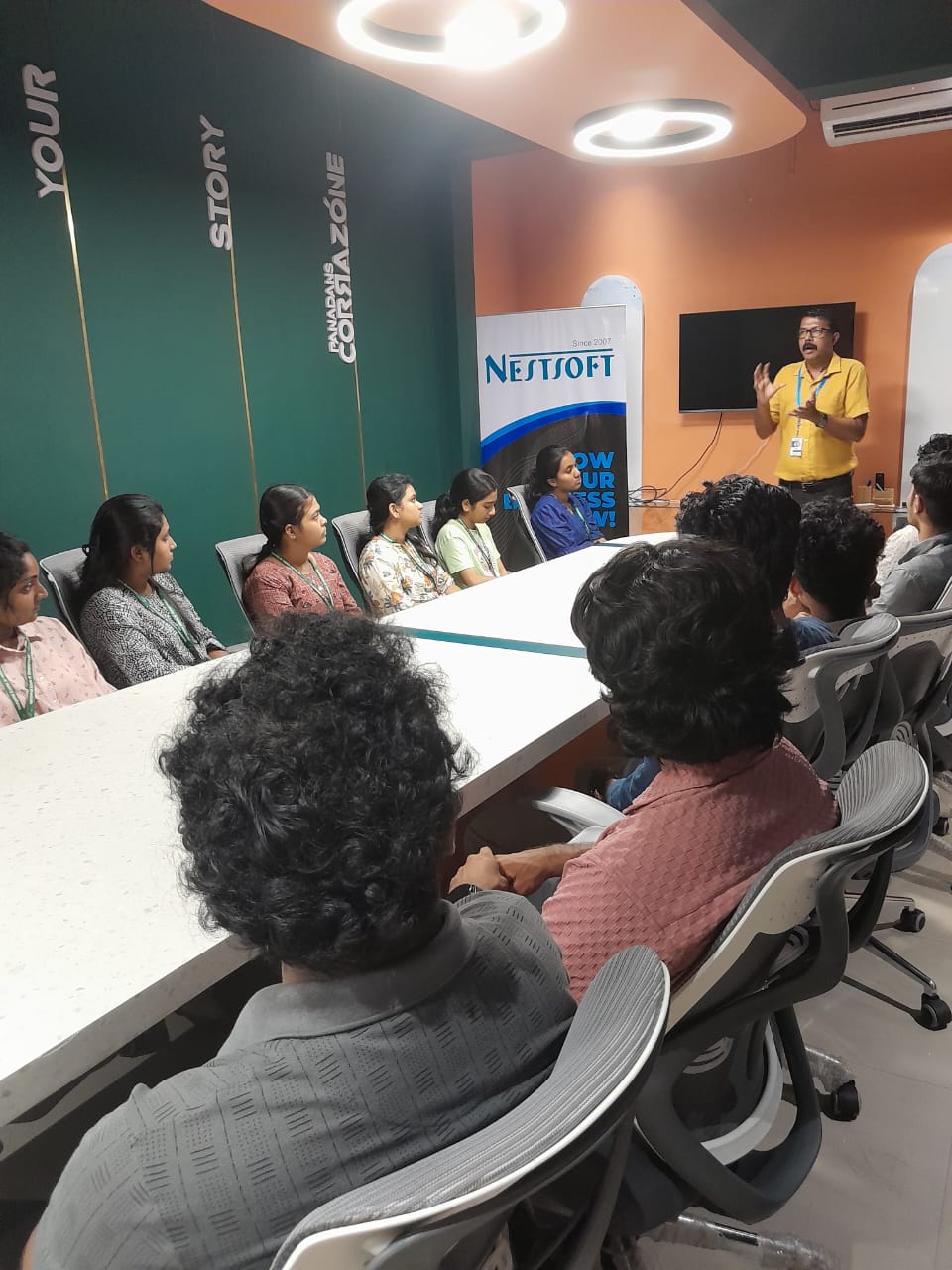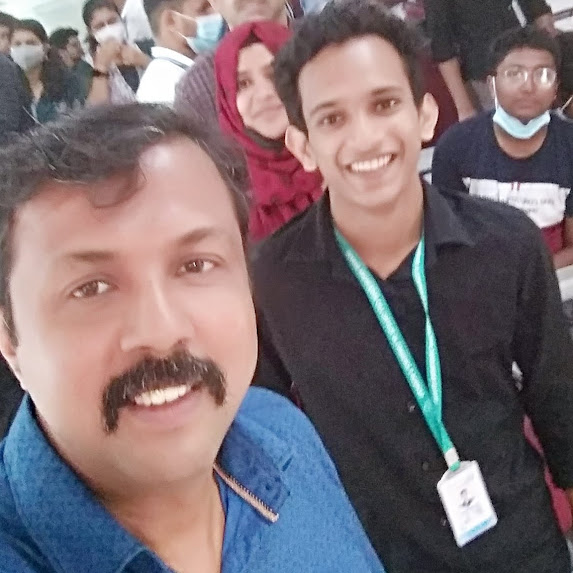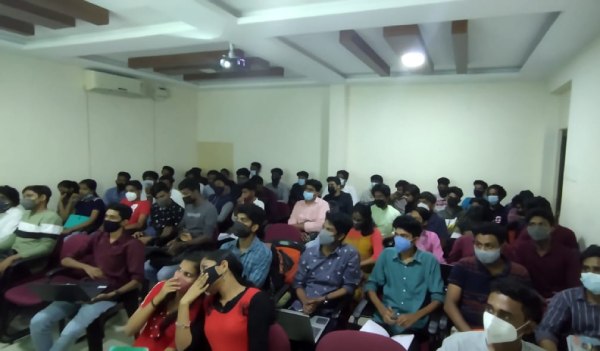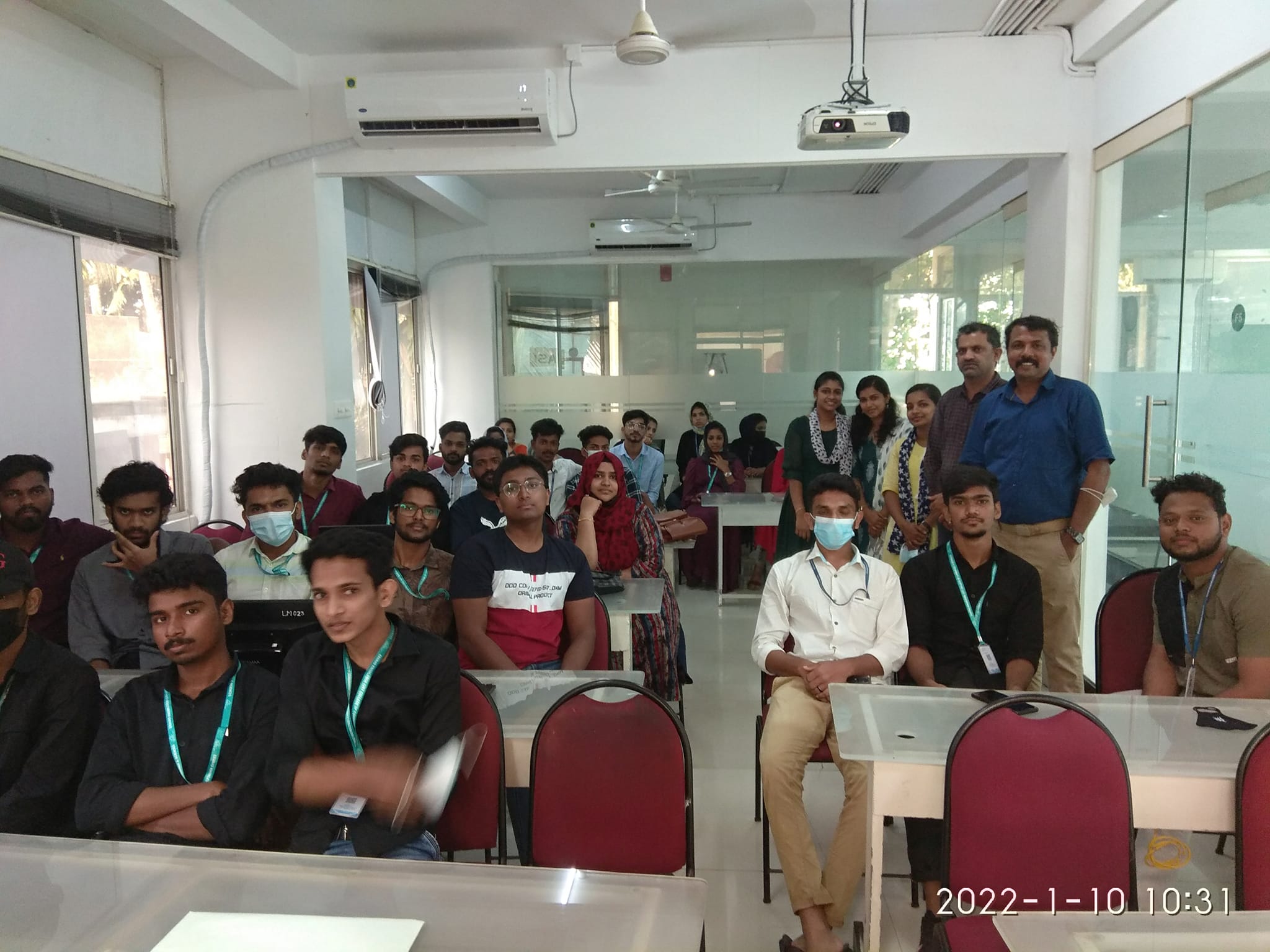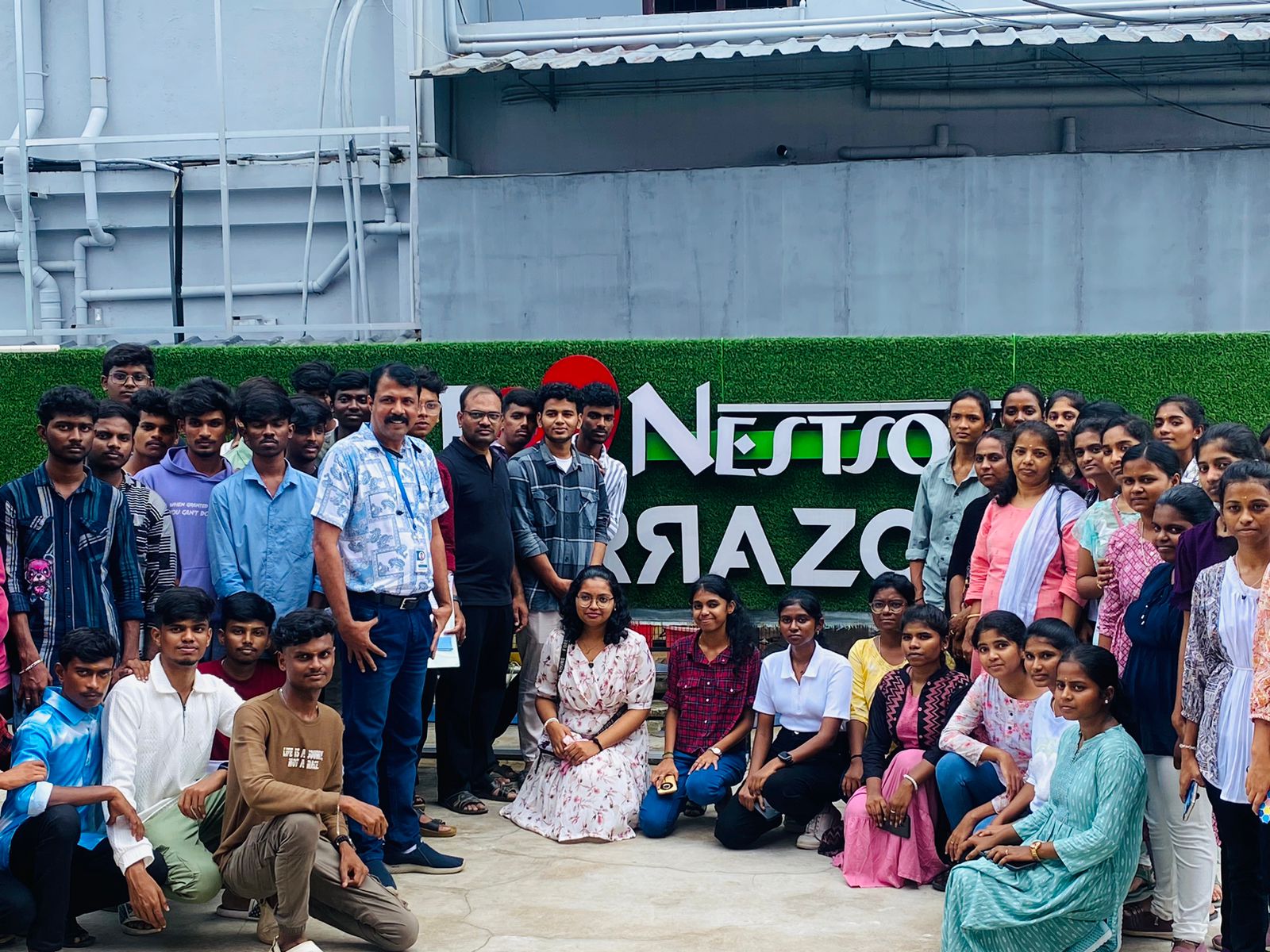Deep Learning Training by Experts
Our Training Process

Deep Learning - Syllabus, Fees & Duration
MODULE 1
- Introduction to Tensor Flow
- Computational Graph
- Key highlights
- Creating a Graph
- Regression example
- Gradient Descent
- TensorBoard
- Modularity
- Sharing Variables
- Keras Perceptrons
- What is a Perceptron?
- XOR Gate
MODULE 2
- Activation Functions
- Sigmoid
- ReLU
- Hyperbolic Fns, Softmax Artificial Neural Networks
- Introduction
- Perceptron Training Rule
- Gradient Descent Rule
MODULE 3
- Gradient Descent and Backpropagation
- Gradient Descent
- Stochastic Gradient Descent
- Backpropagation
- Some problems in ANN Optimization and Regularization
- Overfitting and Capacity
- Cross-Validation
- Feature Selection
- Regularization
- Hyperparameters
MODULE 4
- Introduction to Convolutional Neural Networks
- Introduction to CNNs
- Kernel filter
- Principles behind CNNs
- Multiple Filters
- CNN applications Introduction to Recurrent Neural Networks
- Introduction to RNNs
- Unfolded RNNs
- Seq2Seq RNNs
- LSTM
- RNN applications
MODULE 5
- Deep learning applications
- Image Processing
- Natural Language Processing
- Speech Recognition
- Video Analytics
This syllabus is not final and can be customized as per needs/updates




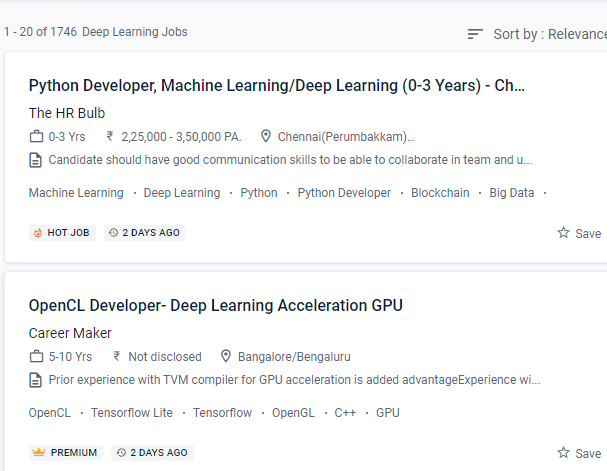
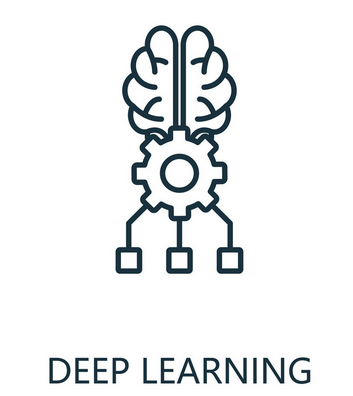 Deep learning powers a variety of AI (artificial intelligence) services and applications that automate and perform physical operations without the need for human participation. This deep learning course in Tampines is mainly recommended for software engineers, data scientists, data analysts, and statisticians who are interested in deep learning. Deep learning has become increasingly significant for commercial decision-making since it is very adept at processing such forms of data. One of the key benefits of employing deep learning is its capacity to perform feature engineering on its own.
The foundations of deep learning and neural networks are covered, as well as techniques for improving neural networks, strategies for organizing and completing machine learning projects, convolutional neural networks, and their applications, recurrent neural networks and their methods and applications, and advanced topics such as deep reinforcement learning, generative adversarial networks, and adversarial attacks.
.
Deep learning is a subset of machine learning (ML), which is essentially a three-layer neural network. Deep learning is a type of learning that entails Specialization in Tampines will assist you in learning the fundamental ideas of deep learning, as well as understanding the problems, repercussions, and capacities of deep learning, as well as allowing you to contribute to the advancement of cutting-edge technology. Python is the language of deep learning. Deep learning is important because it automates feature generation, works well with unstructured data, has improved self-learning capabilities, supports parallel and distributed algorithms, is cost-effective, has advanced analytics, and is scalable.
Deep learning powers a variety of AI (artificial intelligence) services and applications that automate and perform physical operations without the need for human participation. This deep learning course in Tampines is mainly recommended for software engineers, data scientists, data analysts, and statisticians who are interested in deep learning. Deep learning has become increasingly significant for commercial decision-making since it is very adept at processing such forms of data. One of the key benefits of employing deep learning is its capacity to perform feature engineering on its own.
The foundations of deep learning and neural networks are covered, as well as techniques for improving neural networks, strategies for organizing and completing machine learning projects, convolutional neural networks, and their applications, recurrent neural networks and their methods and applications, and advanced topics such as deep reinforcement learning, generative adversarial networks, and adversarial attacks.
.
Deep learning is a subset of machine learning (ML), which is essentially a three-layer neural network. Deep learning is a type of learning that entails Specialization in Tampines will assist you in learning the fundamental ideas of deep learning, as well as understanding the problems, repercussions, and capacities of deep learning, as well as allowing you to contribute to the advancement of cutting-edge technology. Python is the language of deep learning. Deep learning is important because it automates feature generation, works well with unstructured data, has improved self-learning capabilities, supports parallel and distributed algorithms, is cost-effective, has advanced analytics, and is scalable.









































































